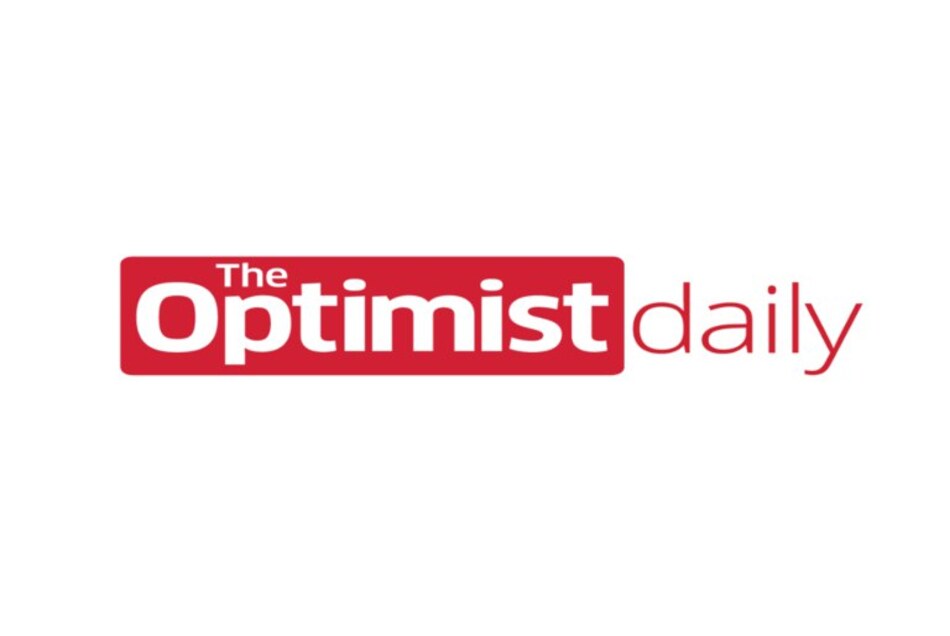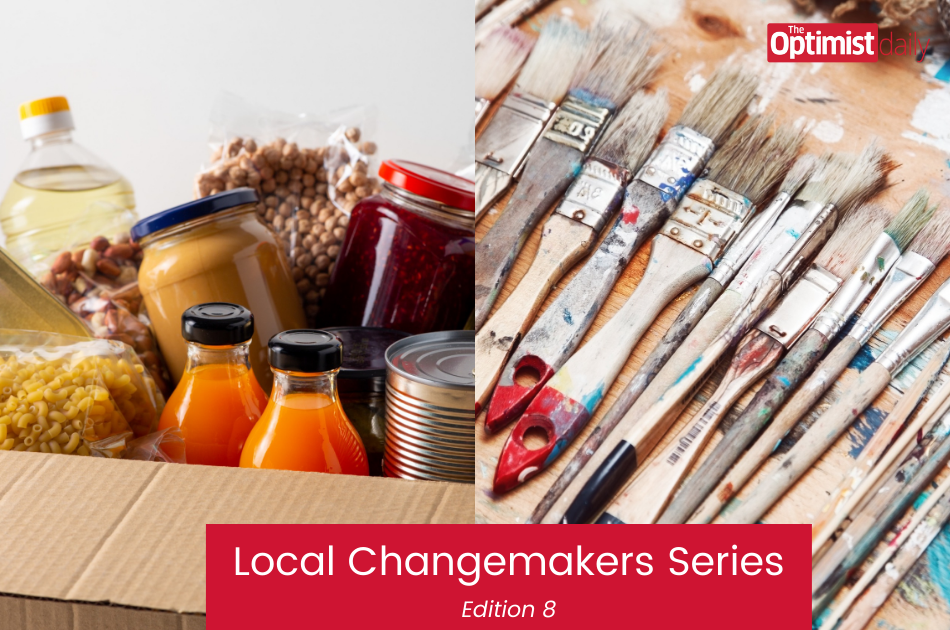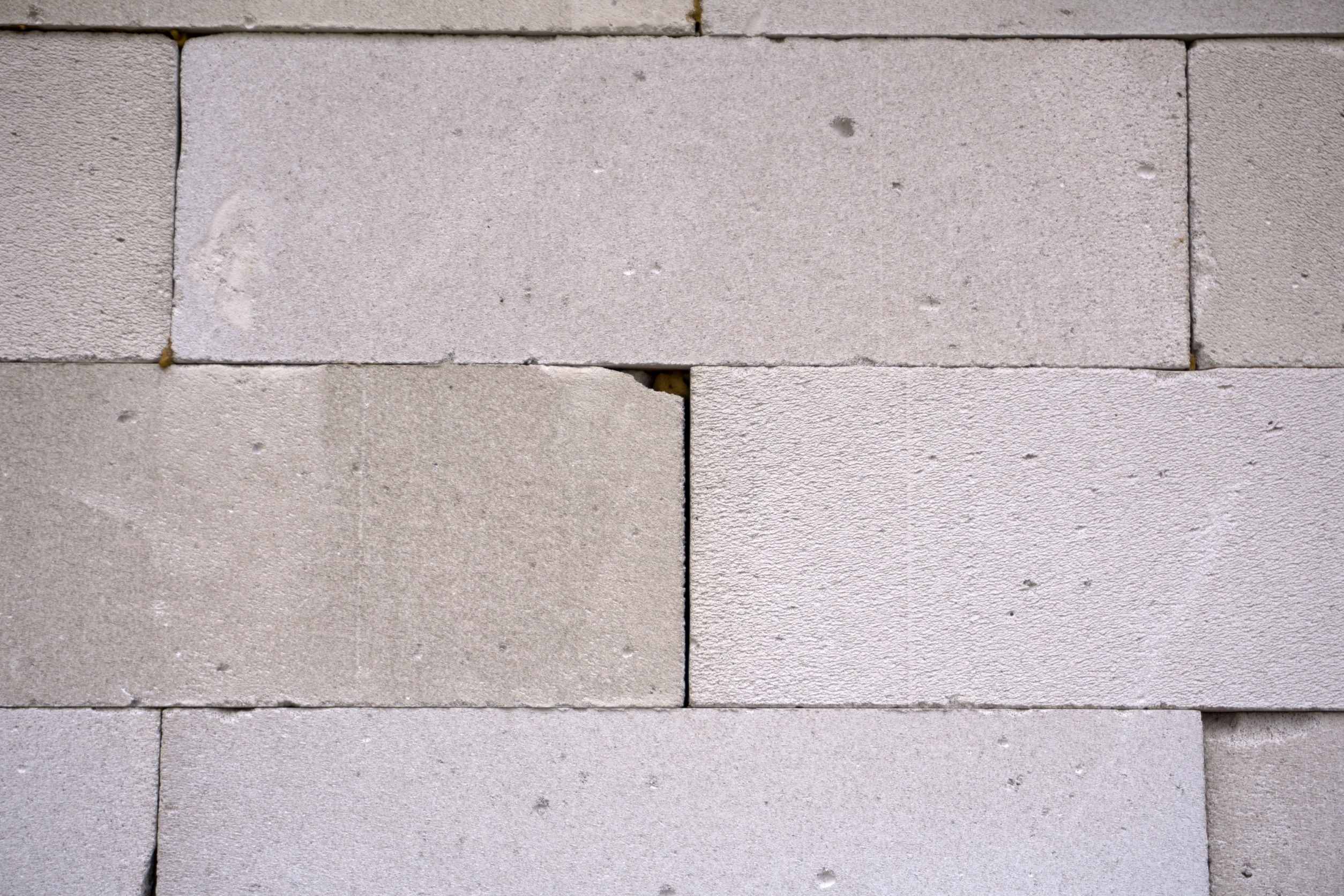When you think of Silicon Valley, the last thing you probably think about is agriculture. But nowadays, the tech center of the world is trying its hand at growing food, although not in a conventional way.
Inside a cavernous warehouse in South San Francisco, 16-foot-tall walls of kale and other greens stretch down aisles twice the length of a bowling lane. The startup behind this indoor farm, Plenty, is on a mission to change how the world eats by changing how food is grown. The farm, which is entirely automated, is designed to grow food as efficiently as possible in any space, so cities anywhere can have access to locally grown vegetables—optimized for flavor—at any time of year.
Right now, only around 1 in 10 Americans eat as many fruits and vegetables each day as federal guidelines recommend. If it’s possible to buy local, freshly harvested produce in Minneapolis in February—rather than wilted greens that spent a week on a truck from Arizona or California—Plenty believes that people will be more likely to want to eat them. Because the company can control the growing environment, it says that it can achieve flavors that aren’t consistently possible in fields. It can also sell varieties of produce that are too delicate to survive current supply chains.
Plenty will begin selling produce to San Franciscans later this year. Should it be a success, we might start seeing Plenty’s indoor farming technology in more cities around America in no time.












